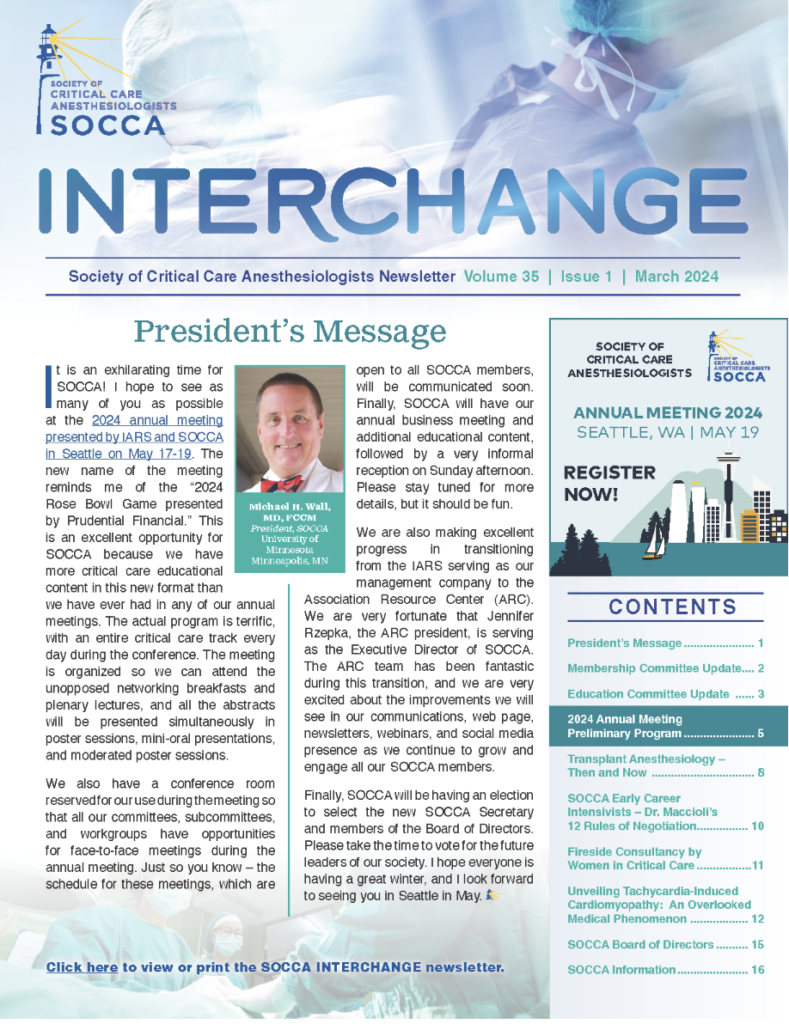Research Committee Update
As Chair of the Research Committee, I am thrilled and privileged to share with you the notable progress we’ve made in recent months. With the support and guidance of the Board we have grown our membership, been focused on deliverable products for our membership, and continued to increase the visibility and contribution of the committee to SOCCA and the wider community.
Continue Reading…


































